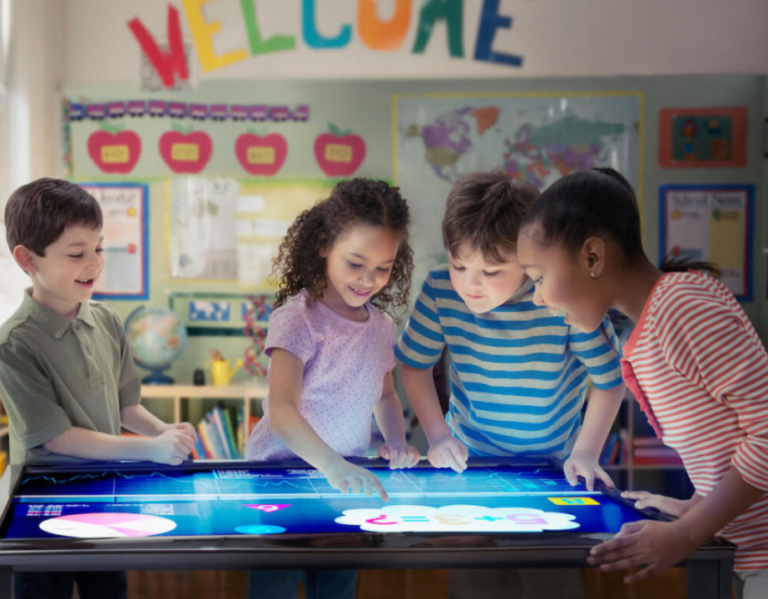Reposted from Sandford Harmony
According to a report released earlier this year by the Aspen Institute’s National Commission on Social, Emotional, and Academic Development, more than 80 percent of teachers believe that social emotional skills are beneficial to students and concurrently want more support to implement these approaches to learning.
During a panel discussion at the ASU GSV Summit, scholar practitioners in social emotional learning (SEL) emphasized the need for community and policy changes that recognize the significant value of SEL and aim to advance the movement of teaching SEL skills to children and educators.
Session participants included: Dr. Marc Brackett, Founding Director of the YALE Center for Emotional Intelligence at YALE/RULER; John Gomperts, President and CEO of American’s Promise Alliance; Dr. Heather J. Clawson, Chief Program and Innovation Officer of Communities in Schools National Office; Kathy Higgins, CEO of Alliance for a Healthier Generation and David Adams, Director of SEL at The Urban Assembly.
Panelists highlighted practices that can inform future research agendas and policies such as policymakers advocating for the implementation of holistic learning approaches into school curriculum and after school programs, which is directly supported in the Aspen Institute’s report on expanding the vision for SEL. Additional topics covered by panelists included:
- Heather Clawson, who serves as the Chief Program and Innovation Officer of Communities in Schools National Office, an organization that has been dedicated to keeping at-risk youth in school for over forty years, focused on developing collaborative learning spaces for youth. “Communities in Schools encourages collaborations and partnerships between schools and community organizations like the Sanford Harmony program to develop safe environments for children that support their success in school and life,” said Dr. Heather Clawson, Chief Program and Innovation Officer of Communities in Schools’ National Office, an organization that has been dedicated to keeping at-risk youth in school for over forty years.
- David Adams, who is the Director of Social Emotional Learning at The Urban Assembly – a network of public schools in New York City providing the social, emotional and academic development necessary to anchor the economic mobility of more than 9,000 students – shared the positive impact of transforming standard instruction to embed SEL as part of the curriculum. “The Urban Assembly is dedicated to increasing educational opportunities among students of all backgrounds, and innovative social emotional learning programs such as Sanford Harmony, offer core skills in effective communication and collaboration that foster pro-social behavior and support students on their path to college and career success.”
The session also addressed the need to update teacher preparation by providing support via tools and training to integrate SEL into their classrooms. They shared the importance of establishing community partnerships to support student success and the development of healthy classroom and school cultures by offering SEL resources.
Kathy Higgins, CEO of Alliance for a Healthier Generation discussed her organization’s partnership with the Sanford Harmony program, a research-based SEL program that teaches communication, collaboration, and respecting differences to develop healthy relationships among children. The program, inspired by renowned philanthropist T. Denny Sanford, has been recognized as a leader in SEL by the Collaborative for Academic, Social, and Emotional Learning (CASEL), a prestigious evaluator of SEL programs in the U.S. and a contributor to the Aspen Institute’s report on SEL.
In addition to Sanford Harmony’s resources that teach children skills in SEL, Sanford Inspire was developed to provide ongoing professional support of teachers through online, self-directed training modules. These programs, which are available at no cost to schools and organizations, are being advanced nationally and globally by the San Diego-based National University System, a network of accredited nonprofit education institutions serving PreK-doctoral students. Through the System’s expansion efforts, the programs are now reaching more than 8 million students, further emphasizing the value of forming partnerships to positively impact more children, schools and communities.






